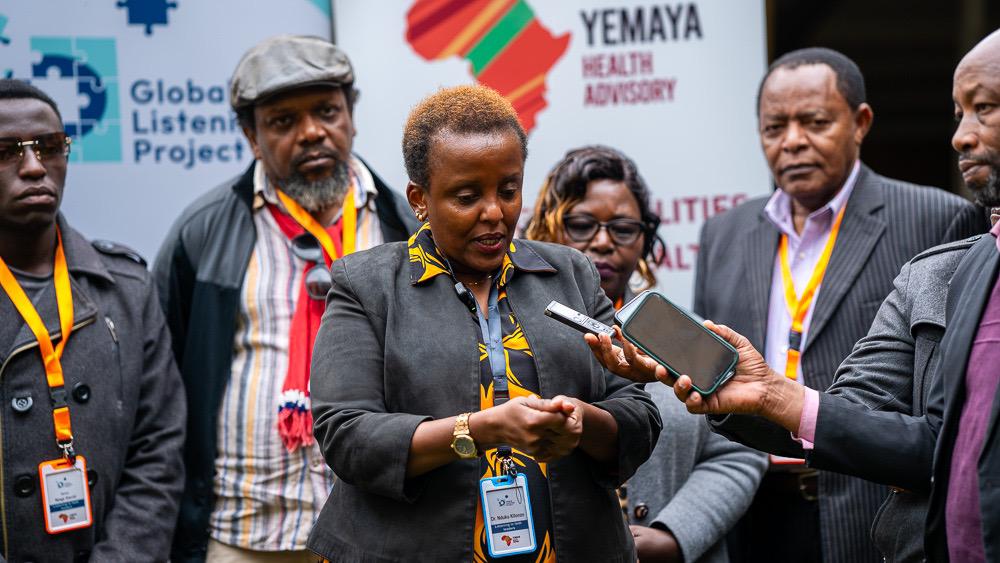
Nduku Kilozo, Dr – Ceo Yemaya Health Advisory (Nairobi, Kenya), From Left: David Njagi Mwangaza Youth Group, Kiraga Staneley, Coordinator MADCC, Janet Munene, Health Coordinator Methodist Hospital, Bishop John Warari, Chair Evangelical Alliance of Kenya
Calls to include faith leaders in the formulation of health policies to enhance public acceptance have intensified.
During a workshop titled ‘Listening to Faith Leaders to Strengthen Health Policy and Action in Kenya’, held in Nairobi and organised by Yemaya Health Advisory, participants underscored the critical role faith leaders play in shaping health-seeking behaviour and informing government policies.
Yemaya Health Advisory, an African-led consulting firm that delivers tailor-made, practical solutions to drive sustainable health systems, organised the forum to understand faith leaders’ perceptions, priorities and challenges in strengthening health policy.
Speaking at the forum, Dr. Nduku Kilonzo, CEO of Yemaya Health Advisory, emphasised the need to involve faith leaders in developing health policies.
“Faith leaders are trusted voices who influence millions, shaping community norms and behaviours. Given their important role, it is essential to understand their perceptions so health actors can more effectively address challenges such as stigma, gender-based violence, and hesitancy toward services like the HPV vaccine. These leaders influence nearly 50% of their congregations’ decisions, underscoring their impact on health outcomes,” she said.
Dr. Kilonzo noted that while Kenya has made significant strides in critical health areas, tensions with faith leaders continue to affect public health efforts.
The country records a 15% teenage pregnancy rate, with recent data showing that teenagers as young as 16 are initiating sexual activity, heightening risks of HIV and HPV.
Although 96% of Kenyans identify as religious and oppose early marriage, defined by law as marriage before a girl turns 18, the practice persists, driven by cultural, gender-related norms and economic factors.
Research conducted with faith leaders across the country, including Christian, Muslim and traditional faith representatives, revealed they recognise the negative economic, educational and health impacts of early marriage. However, their understanding of sexual and reproductive health, including HPV vaccines and contraceptives, remains limited.
The research, conducted under the Global Listening Project, sought to identify effective ways to engage faith leaders in health policy discussions.
Weak health policies, participants noted, can undermine systems and affect physical, economic, social and mental well-being.
Cervical cancer, for example, disproportionately affects women and girls, with 3,211 deaths recorded in 2023, highlighting broader societal consequences.
Given the influence of religious beliefs on health decisions, the forum concluded that faith leaders are essential partners in shaping effective health policies.

![[PHOTOS] KPC signs a service legal agreement with KEBS](/_next/image?url=https%3A%2F%2Fcdn.radioafrica.digital%2Fimage%2F2025%2F07%2Fa63c369d-7d4d-4a8c-bef9-34dba4c6d536.jpg&w=3840&q=100)









